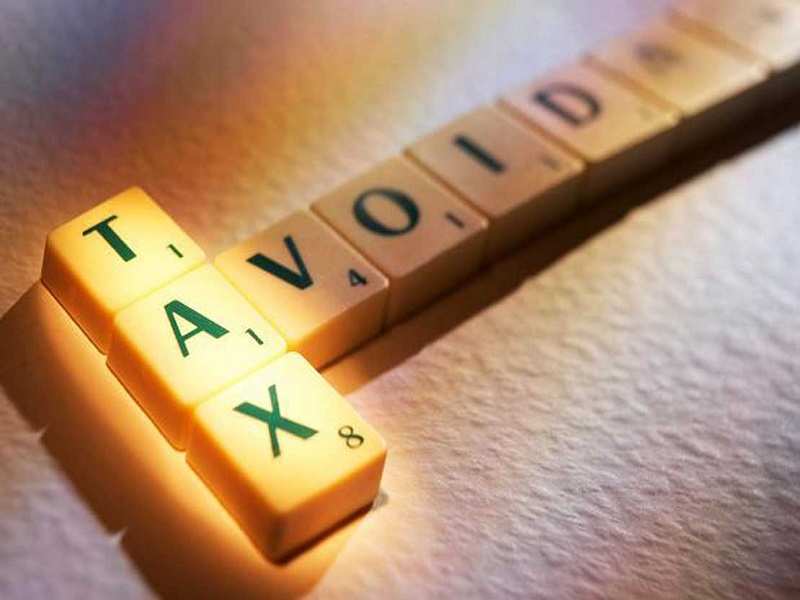
From January 2018, the UAE will begin sharing information with India on bank accounts.
For this, banks in the UAE have started to ask for more details, and several rich Indians, who did not disclose their secret foreign bank accounts earlier, are using 'insurance wrappers' and the time-tested services of nominee directors so that they don’t have to face tax, penalty, and possible $4.
Also read: $4
The changes in rules have led to Dubai banks demanding tax ID of the home country, copies of passport, and, occasionally, the presence of Indian shareholders of these entities before opening accounts of companies. This has also resulted in the time period taken to open accounts stretching to more than a month; earlier, this used to be done in 3-4 days.
Regarding insurance wrappers, they are life insurance policies like trusts, which can be formed and dismantled easily. "The arrangement is simple. The nominee or the 'technical owner' invests in insurance wrappers and the ultimate real owner is the beneficiary. The beneficiary then receives the amounts after a certain time period, say five years, as endowment; or, the family gets the benefit in the event of death or if they find themselves in unforeseen circumstances," said an expert ET spoke to.
Even though these arrangements might buy some time to black money-holders, they would still inevitably be questioned by Indian $4 and $4 about transactions and the source of funds.
Also read: $4
(Image source: Massey University)
